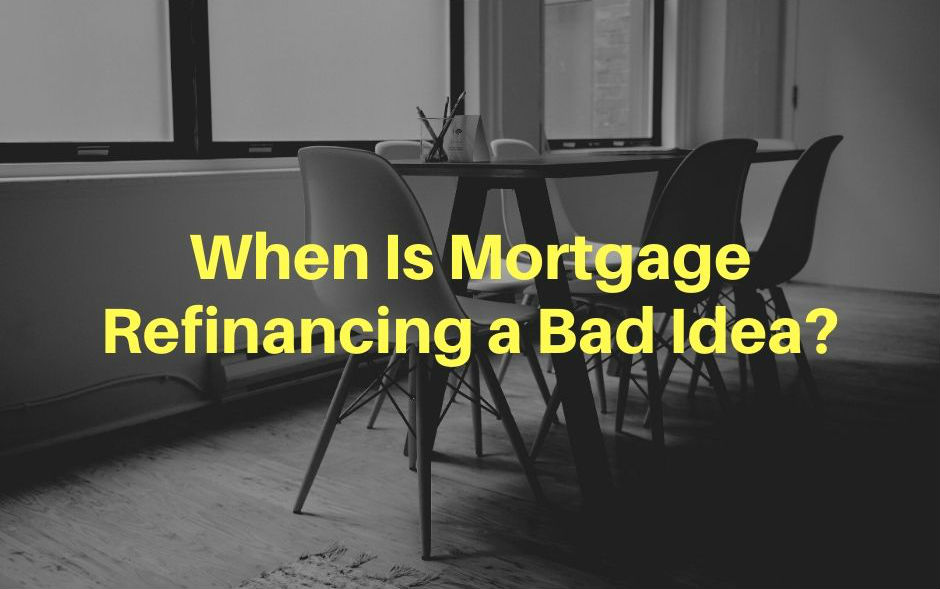
Property owners refinance their homes and commercial properties all the time. As your credit improves and you have built more equity into the property, it may make fiscal sense to refinance when interest rates dip low; the move can save you hundreds of dollars every year.
On the other hand, sometimes refinancing a mortgage may not the right thing to do. When you speak to a mortgage professional or real estate agent, we will review what you need to know in order to make informed decisions about how to best proceed with a refinancing plan.
What Are the Penalties?
Possible penalties are a risk for refinancing a home or commercial property. In mortgage agreements, there may be clauses that allow lenders to assess a fee for refinancing and/or paying down an existing mortgage with a line of home equity credit. In certain situations, a mortgage may contain a provision that allows the lender to assess a penalty fee when the homeowner pays more than 20% on the outstanding balance of the loan. If penalties and fees like these wind up amounting to thousands of dollars, it might not be worth it to refinance the property.
New Closing Costs
Then, of course, there are typically new closing costs that must be paid for a mortgage refinance deal. These costs are often difficult to avoid. As essentially a new mortgage, there are the usual examinations, fees, and recording costs that have to be accounted for. Sometimes these fees can be paid in cash or they’re simply added to the outstanding balance. However, it’s important to accurately gauge the amount in order to weigh it against the cost savings of the refinanced mortgage. As property owners, you would have to ask yourselves if it’s worth it.
Moreover, borrowers have to be careful of ‘no closing cost’ refinance deals. Too often, these fees wind up somewhere. For instance, the interest rates associated with these loans maybe a quarter or even half a percent higher. That translates into more money owed regardless of whether it’s dubbed a closing cost or not.
Other Costs
Take into consideration possible fees before you refinance, like costs related to paying an attorney and relocation anticipation penalties for homeowners who refinance and plan to move in three to five years. By taking all the costs into account and weighing them against the potential savings, you can make a smart fiscal decision about whether to sign your mortgage refinance deal or not.
While refinancing makes sense in many situations, people need to enter into these deals knowing all the monetary considerations beforehand. Mortgage Professionals can help make great borrowing decisions by informing you of the refinancing risks.
Contact me today if you want to know more information!
